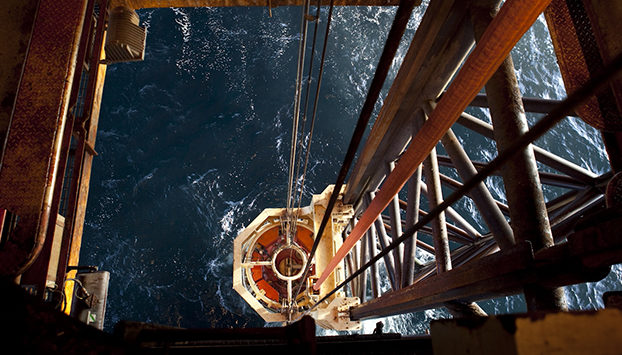
The UK’s offshore pipelines and terminals were constructed to export production from the owners’ own oil & gas fields. Although tariff income was generated as third party owned fields were tied-back, that income was small relative to the revenue from the infrastructure owners’ own production. The field owners retained ownership of the infrastructure so that they could control the export route for their existing fields and for discoveries and prospects they may wish to develop in the future.
However, things are changing for three reasons. Production is declining from the fields for which the infrastructure was originally constructed. The Oil & Gas Authority has given resource owners greater confidence in the application of the regulatory framework for new developments seeking access to existing infrastructure and the low oil price has led to an increased focus on asset portfolio management.
On 17 December 2015, Antin Infrastructure Partners completed the £324m acquisition of BP’s operated interest in CATS, a 404 km gas pipeline capable of transporting 1.7 billion cubic feet of gas per day and its associated processing terminal at Teesside. Antin had previously acquired BG’s interest for £562m. Antin now owns 99% of CATS but has no ownership interest in any of the thirty-four fields tied into the system.
Another infrastructure asset has now changed hands. On 15th March, North Sea Midstream Partners completed its £585m acquisition of Total’s interests in the Shetland Island Regional Gas Export System, the Frigg UK pipeline and the associated processing terminal at St Fergus. That deal also excluded the seller’s field interests.
The buyers in both these transactions are backed by specialist private equity firms and have appointed duty holding contractors, Wood Group and Px respectively, to carry out day to day operating services.
Separating infrastructure from the field interests turns non-core into core. It focuses decision making entirely on the transportation and processing business and incentivises management of the infrastructure for the long term. The new midstream businesses have a key role to play in sustaining the infrastructure critical to maximising the economic recovery of UK oil & gas. Extending the life of critical infrastructure is one of the key priorities set out in the Oil & Gas Authority Corporate Plan 2016-2021 published earlier this month and the focus of one of the seven MER UK boards.
While there have been significant changes in infrastructure ownership, there have been a relatively small number of deals to acquire field interests over the past twelve months. That is in part because oil & gas price uncertainty has created a gap in the expectations of sellers and buyers. It is also because of difficulties in funding acquisitions. Most companies are not generating sufficient cash to invest in acquisitions and the banks have been reluctant to increase their exposure to the sector. However, we would expect that to change as the oil price starts to recover.
Bruce McLeod is an oil and gas partner at Burness Paull.
